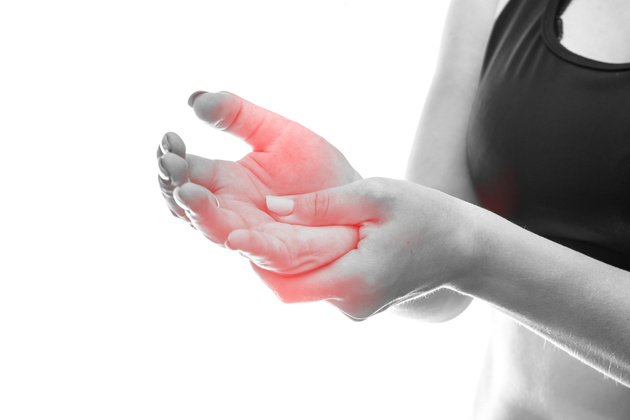What causes tingling in the body?
Numbness, tingling and stinging sensations, which can often be seen in the fingers and toes, arms and around the head, is a condition called paresthesia in medicine and can be chronic or temporary. Temporary paresthesia problem develops due to long-term pressure on the nerves, and when the pressure is removed, the numbness and tingling sensation disappears in a short time. This condition, which usually causes symptoms such as right or left arm numbness and foot tingling as a result of staying in the same position for a long time, should not be considered a serious health problem. However, if you experience tingling in the right or left arm, numbness in the fingertips, or tingling in the face or head, regardless of staying in any position for a long time, this indicates an underlying neurological disorder.

What are the causes of tingling in the body?
The tingling sensation in the body occurs due to pressure and compression on the nerves, and many disorders can cause nerve damage and therefore tingling. The most common neurological problems that cause tingling are diabetic neuropathy, alcohol addiction, brain tumors, multiple sclerosis (MS) disease, encephalitis, transverse myelitis and stroke. All of these disorders cause nerve damage in certain parts of the body, resulting in problems such as tingling, numbness, pins and needles and burning.
Orthopedic reasons can also lead to nerve damage in the body and the resulting development of paresthesia. Nerve damage often develops as a result of neurological injuries, especially due to trauma, and this can cause complaints greater than tingling in the body. Some bone fractures, osteoporosis, neck or back injuries, herniated vertebral discs, carpal tunnel syndrome and degenerative disc damage can be counted as the main orthopedic reasons that cause tingling complaints in the body.
It can be said that some psychiatric disorders cause nerve compression and pressure on the nerves in various parts of the body. In particular, approximately 80% of panic attack patients develop nerve compression before and during the attacks, and this may lead to complaints such as numbness, tingling, pins and needles and burning skin.
Since frequently recurring complaints of tingling and numbness cause disruptions in people’s daily lives, they need to be treated effectively. Paresthesia problems that occur due to neurological, orthopedic or psychiatric reasons are nerve problems that only cause a person to experience loss of sensation and do not cause any limitation of movement. If there is intermittent or continuous limitation of movement in the area where the tingling occurs, a doctor should be consulted as soon as possible and the most effective treatment methods should be applied.



